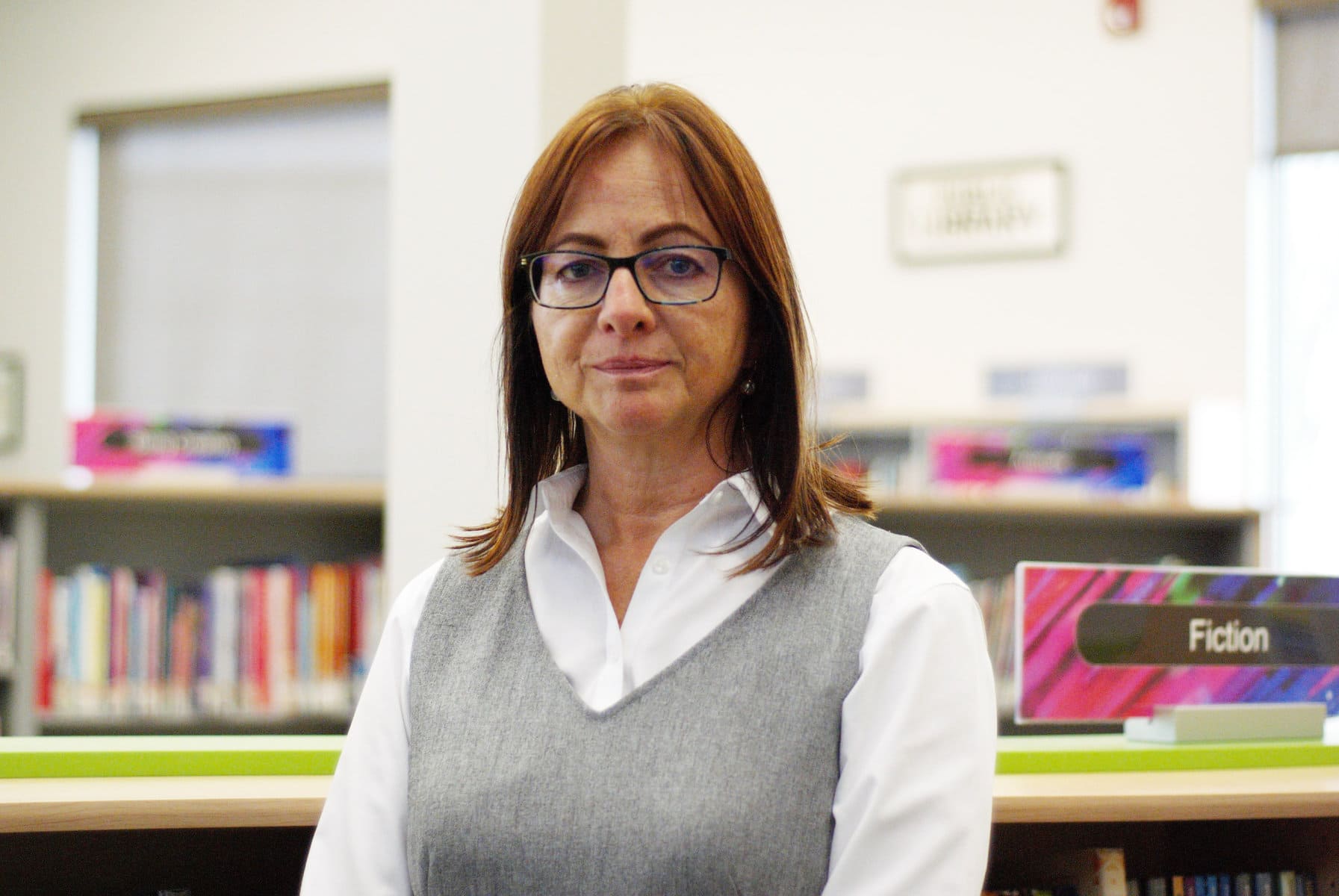Public libraries should be home to many viewpoints, not just progressive ones
Cathy Simpson
Special to The Lake Report
Almost as long as there have been libraries, there have been people asking for books to be removed from library shelves.
The American Library Association reported book ban requests in 2023 were the highest on record and we also see them on the rise in Canada. But what often goes unreported in both countries is another type of censorship happening behind the scenes in libraries.
This hidden library censorship takes two forms: the vigorous defence of books promoting diversity of identity, but little to no defence of books promoting diversity of viewpoint, and the purchase of books promoting “progressive” ideas over “traditional” ideas.
Librarians are quick to defend books written by authors from “oppressed” groups and books that promote critical social justice. Library shelves are filled with titles offering positive takes on topics like systemic racism, transgender ideology, equity and decolonization.
This would be fine except books offering other points of view on these topics are rarely defended or even purchased. As a result, library collections are increasingly biased and offer one viewpoint justified by the claim the other viewpoints are “harmful” and must be excluded.
I first became aware of the pressure to suppress certain viewpoints in 2019 when writer and feminist Megan Murphy booked a room at the Toronto Public Library to discuss the impact of transgender rights on the rights of women and children.
The Toronto library was under immense pressure not to allow Murphy’s talk but thankfully city librarian Vickery Bowles stood up for intellectual freedom and free speech — and the talk went forward.
As Bowles stated, while the Toronto library “encourages public debate and discussion about differing ideas, we also encourage those with opposing or conflicting viewpoints to respectfully challenge each other’s ideas and not the library’s democratic mandate to provide space for both.”
A lot has changed since 2019 and many librarians no longer encourage those with differing viewpoints to respectfully challenge each other.
In fact, viewpoints that don’t conform to progressive agendas are rarely represented in library collections and anyone who challenges this is labelled a bigot.
But the tide is beginning to turn. When the Peel District School Board removed all books published before 2008 to “promote anti-racism, inclusivity, and critical consciousness” there was a big outcry, including from students. The CBC covered the story.
I began talking with librarians who believe in library neutrality and pluralism a year ago and was introduced to an organization called the Foundation Against Intolerance and Racism (FAIR).
It is an American organization with Canadian chapters, and now a library chapter. It stands for the following:
- Civil rights and liberties guaranteed to each individual, including freedom of speech and expression, equal protection under the law, and the right to personal privacy.
- Defence of individuals threatened or persecuted for speech, or those held to a different set of rules for language or conduct based on their skin colour, ancestry or other immutable characteristics.
- Respectful disagreement because bad ideas are best confronted with good ideas and never with dehumanization, deplatforming or blacklisting.
- Objective truth that it is discoverable and scientific research untainted by political agenda.
- Pro-human and compassionate opposition to intolerance and racism rooted in dignity and our common humanity.
FAIR is marking the 40th anniversary of Canada’s Freedom to Read Week by asking all writers, publishers, library workers, teachers and readers to acknowledge that pressure to suppress the availability of books can come from across the political spectrum, and that librarian activism restricts freedom to read by suppressing heterodox viewpoints.
The organization supports Freedom to Read Week’s principles of intellectual freedom, freedom of expression, freedom to read and resistance to censorship.
In addition, FAIR in libraries supports the pluralistic principles of viewpoint diversity, library neutrality, and human individuality and autonomy.
As library professionals, we ask our colleagues to recognize their biases and recommit to striving for library neutrality and viewpoint diversity in collections.
We ask our colleagues to ensure “Freedom to Read Week” does not become “Freedom to Read What We Decide You Should Read Week.”
We will only be truly free to read when authors are no longer afraid to write on any topic, publishers no longer prioritize an author’s identity over their work’s merit, teachers no longer present students with only one viewpoint on issues, and library workers ensure their collections are balanced to include a variety of perspectives on controversial topics.
Cathy Simpson is CEO of the Niagara-on-the-Lake Public Library.










